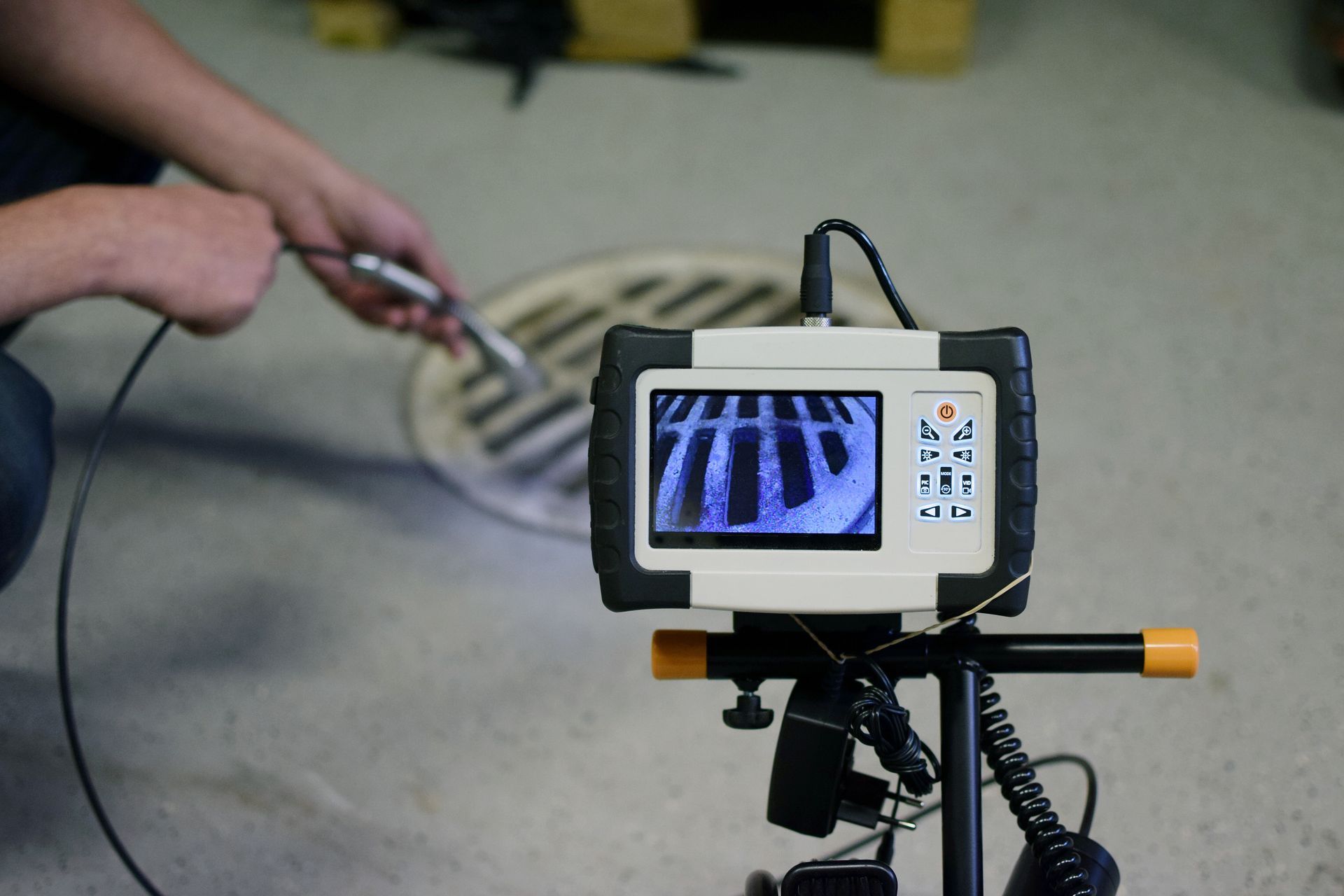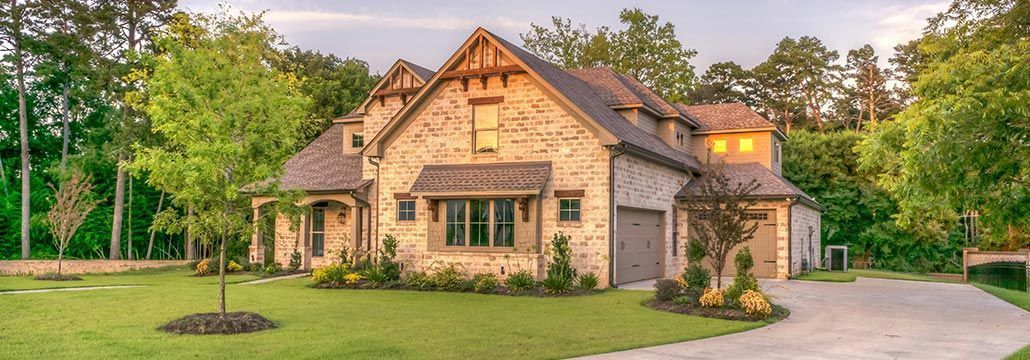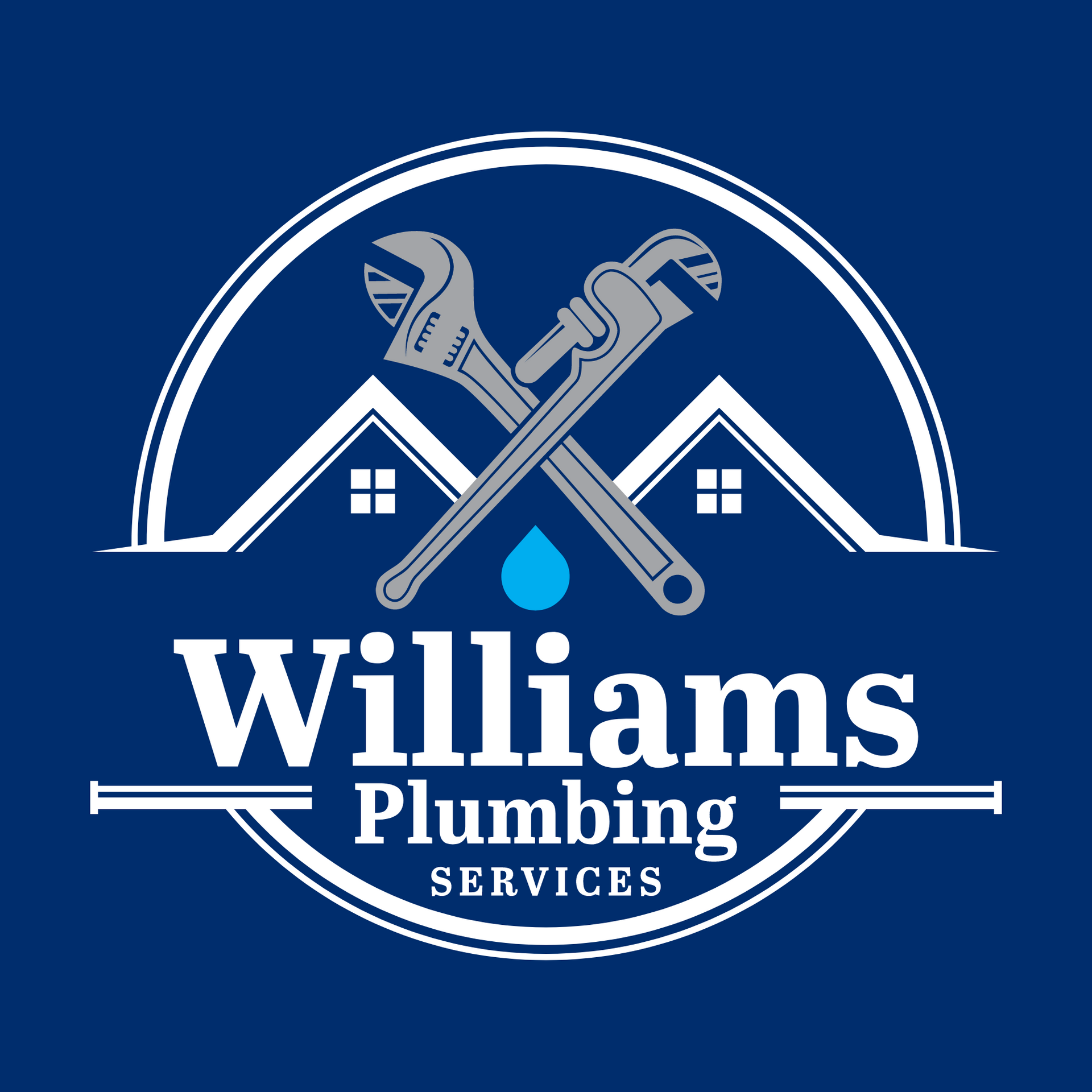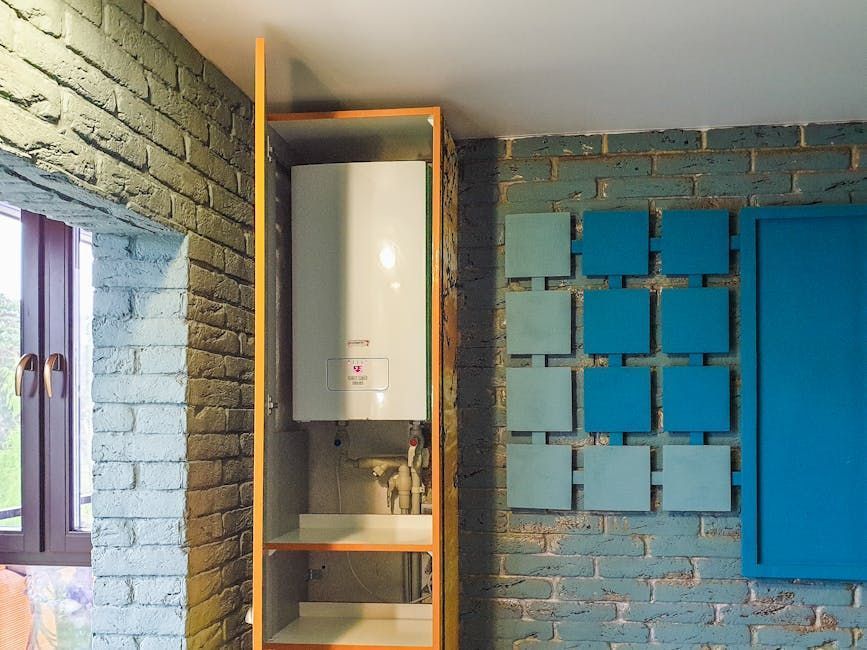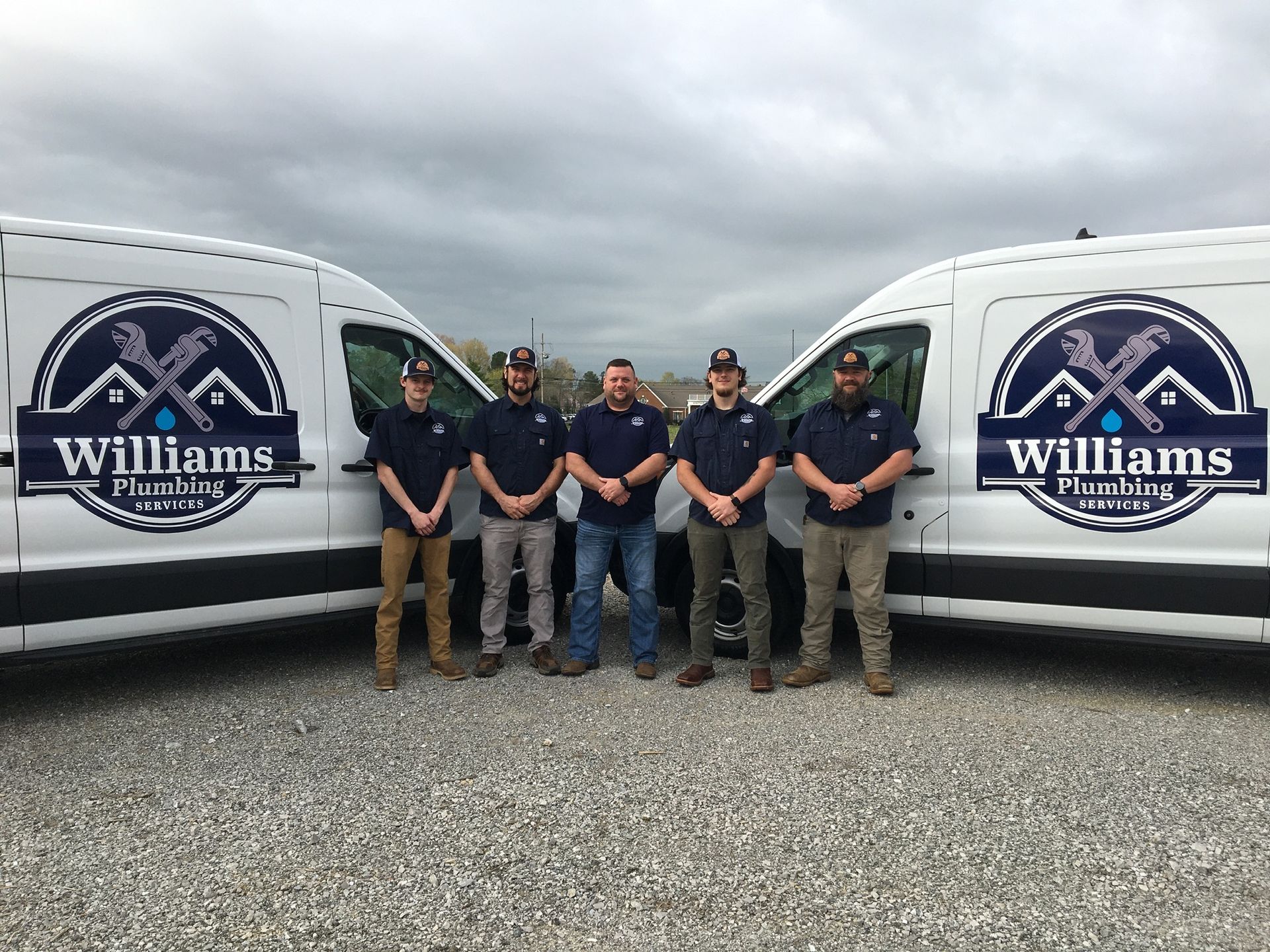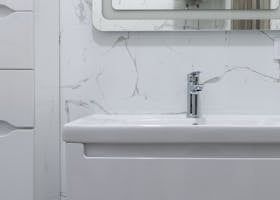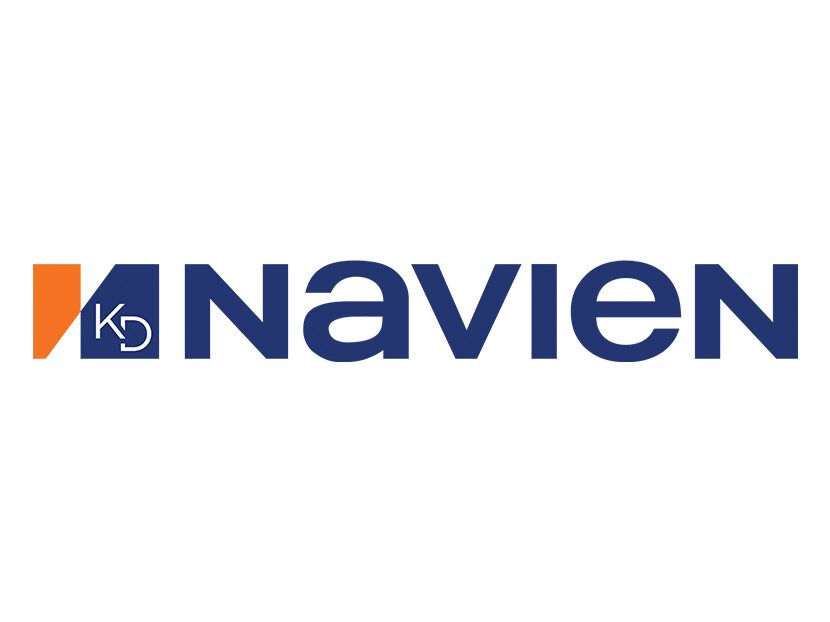Locating & Using Shut-off Valves
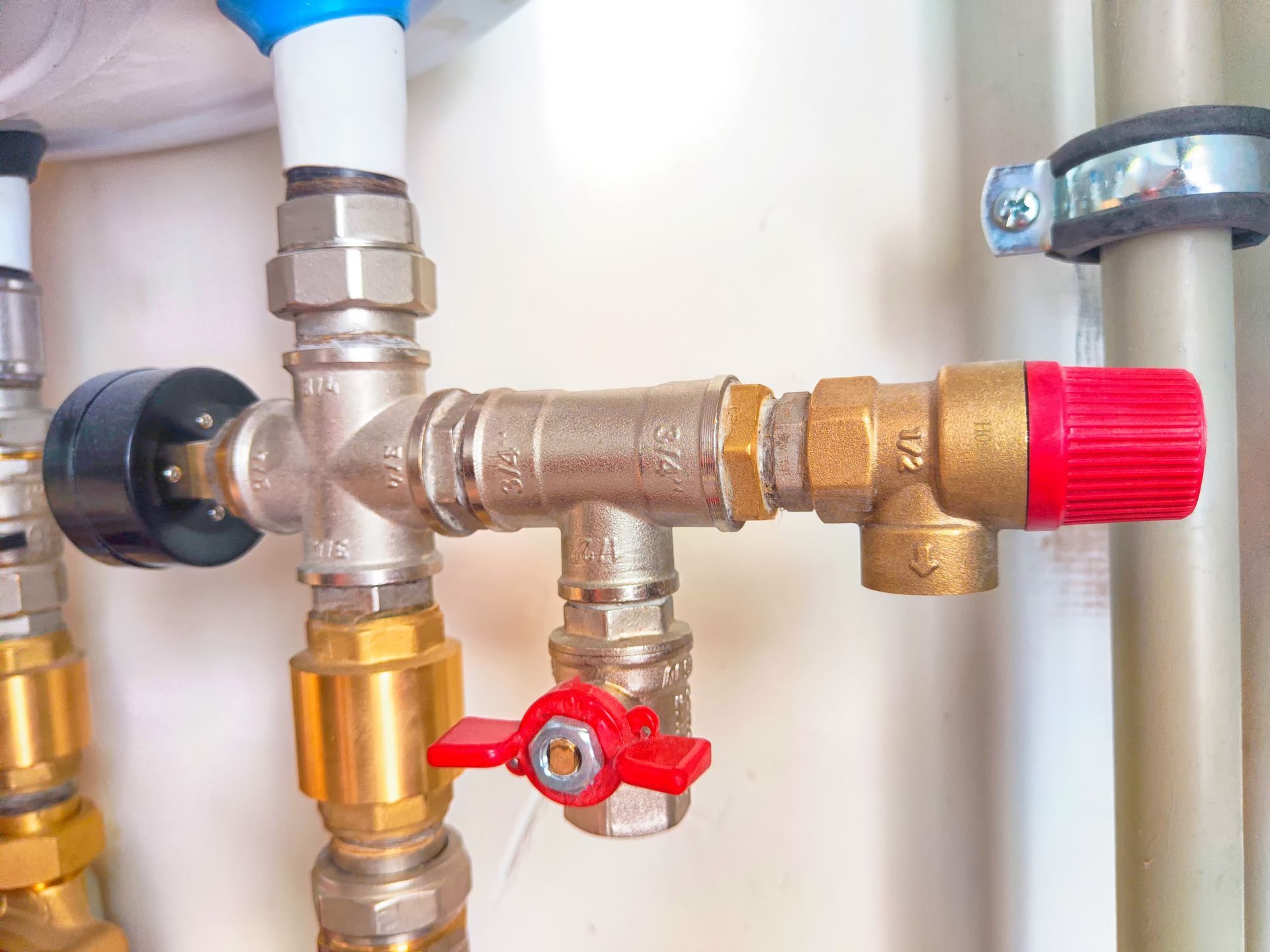
Leaky fixtures or ruptured pipes are never fun. And, as some of the most common plumbing problems, they are things that most homeowners will have to deal with sooner or later. When these problems crop up, knowing how to quickly shut off the water supply can be the difference between a minor inconvenience or a costly disaster. For this reason, knowing how to locate and use a shut-off valve is essential.
Keep reading to learn how you can stay prepared for the (almost) inevitable—and what to do when things go beyond DIY.
1. Main Water Shut-off Valve
Type & Location:
● Whole Home Shut-off Valve: Inside or under the home near where the main water line enters—usually in a basement, crawl space, laundry room, or utility room.
● Street Shut-off Valve: In a water meter box located near the street or curb on the front side of your property.
How to use: Whole home shut-off valves require only to be turned clockwise until they no longer turn. These valves cut off the water supply to your home only. For street shut-off valves (also known as curb stop valves), start by removing the lid of the water meter box so you can access the meter itself. The shut-off valve will be located on the top or side of the meter. Use a water key or a wrench to turn the valve clockwise. This will cut off the water supply to your entire property.
2. Fixture Shut-off Valves
Most individual plumbing fixtures, such as sinks, toilets, dishwashers, icemakers, and washing machines, have their own shut-off valve. This allows a homeowner to turn off the water supply to a single fixture, rather than the entire home.
Type & Location:
● Toilet: Behind the base of the toilet, facing the wall.
● Sink: Inside the area of the cabinet that’s below the faucet.
● Dishwasher & Icemaker: Typically under the kitchen sink or behind an access panel. ● Washing Machine: There are usually two valves (one hot, one cold) behind the unit.
How to use: Turn the valve clockwise until it is snug and you are no longer able to turn it.
Please note that some older fixtures do not have their own shut-off valves. If this is the case, you’ll need to be prepared to use your whole-home or street shut-off valve in the event of an emergency.
3. Outdoor Shut-off Valves
Type & Location:
● Irrigation System: Shut-off valves for irrigation systems can be located above or below ground.
○ If the valve is above ground, it will likely be located along the perimeter of your home, or inside a basement, crawl space, or utility room. If it is inside, it will likely be located near your water heater, so that’s a good place to start.
○ If the valve is below ground, look for a square or circular green lid. This is the cover of your irrigation system’s valve box, which contains (you guessed it) the shut-off valve. If you are unable to locate your valve box cover, you may need to call a plumbing or irrigation professional in order to shut off the water supply.
How to use: Various types of shut-off valves are used for irrigation systems. Most require a clockwise turn to cut off water supply. Depending on the type of valve, you may have to turn it a few times before the water is cut off. However, you shouldn’t need any special tools, like a water key, in order to use one.
When to Call a Professional
Not every plumbing problem is an emergency, but it’s no secret that water is unpredictable and can get out of hand—fast.
If you…
● Are unable to locate and/or turn your shut-off valve,
● Can’t determine where a leak is coming from,
● Are unable to turn a shut-off valve back on,
● Are noticing additional signs of leaks in your home, such as stains on your walls or ceiling, musty odors, or visible signs of mold or mildew, or
● Are simply not comfortable locating or using a shut-off valve yourself… …it is a good idea to call in the professionals.
That’s Where Williams Plumbing Comes In
At Williams Plumbing, we are dedicated to solving your plumbing problem before they become emergencies. As a locally owned and operated company, we are committed to providing residents of the greater-Chattanooga area with top-quality plumbing solutions that save you time and money, and keep your home functioning optimally.
Since 2024, we have proudly supported households throughout Chattanooga, Cleveland, and North Georgia by providing comprehensive residential plumbing services with a focus on reliability, transparency, and exceptional customer service.
To request a quote or schedule a visit, call 423-883-1490
